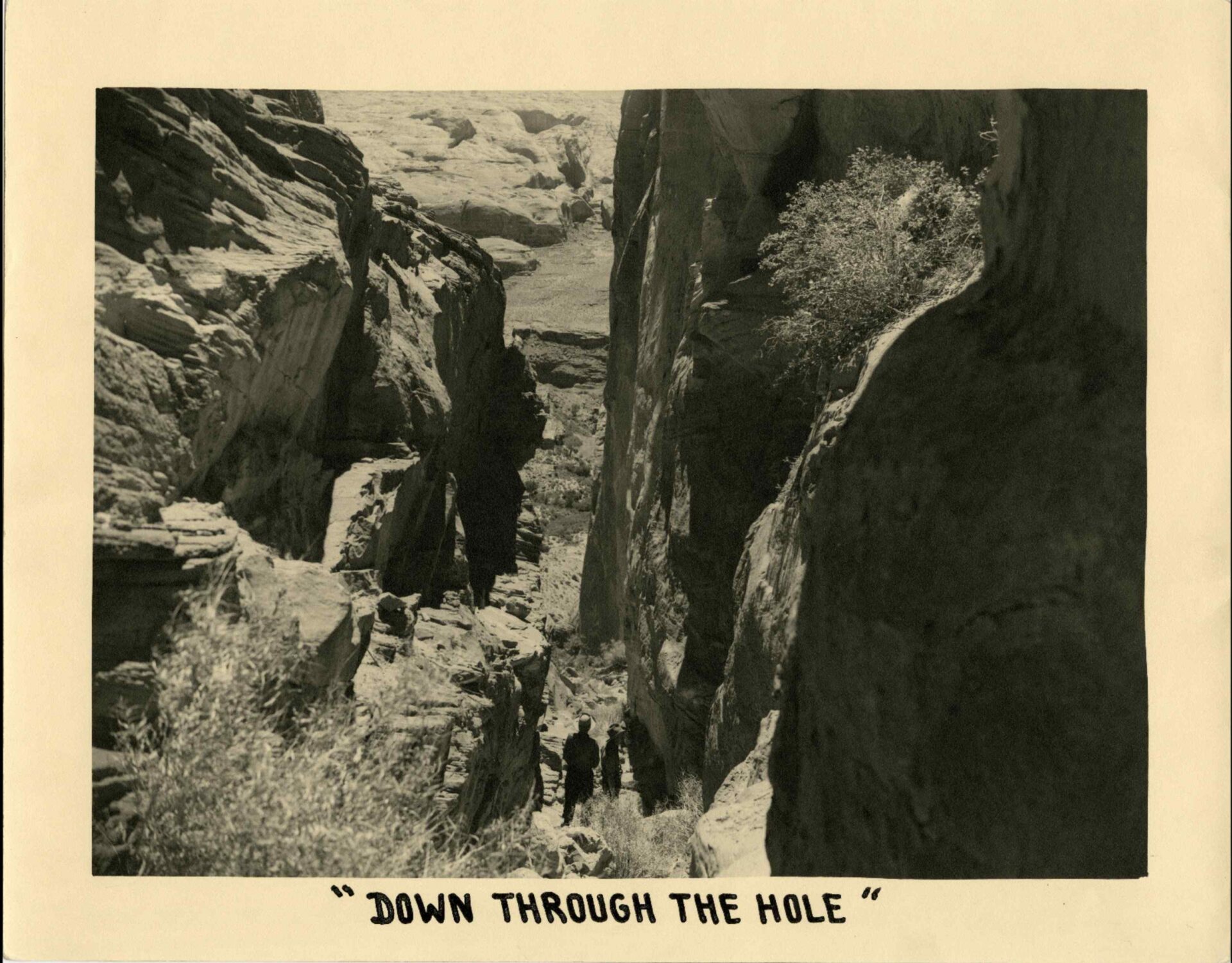Eugene Jarecki spent 20 years thinking about making the film “The House I Live In.” The documentary on America’s war on drugs won the Grand Jury Prize at the 2012 Sundance Film Festival.
A free screening of “The House I Live In” will be at 7 p.m., Thursday, March 21 at Star Hall. The free screening is made available through the Utah Film Circuit: Moab, an initiative of the Grand County Public Library and the Utah Film Center. The monthly screening series feature the best dramatic and documentary films from around the world.
“Joining us from New York is Christopher St. John – one of the producers of the film, and Holly Yocom, Executive Director of the Utah Film Center, for a thought-provoking Q & A session after the film,” said Jessie Magleby of the Grand County Public Library.
“The House I Live In” was the Grand Jury Prize winner of the 2012 Sundance Film Festival. The documentary asks very important questions about America’s War on Drugs.
“The more I talked to experts, the more I heard the same thing: whatever damage drugs do to people has been made far worse by the laws America has enacted to stop them,” Jarecki said. “Suddenly, the so called ‘War on Drugs’ began rising into view as something I had to investigate and better understand. I wanted to know what it was that had most fundamentally hurt people I love.”
In forty years, the War on Drugs has accounted for more than 45 million arrests and made America the world’s largest jailer. Although the US holds 25 percent of the world’s prisoners, yet accounts for only 5 percent of the world’s population. Black individuals comprise 13 percent of the US population and 14 percent of drug users, yet they are 37 percent of the people arrested for drug offenses and 56 percent of those incarcerated for drug crimes.
Yet for all that, drugs are cheaper, purer, and more available today than ever before.
“No one can argue that drugs aren’t a scourge. But this film explores the possibility that it may be time to re-examine our nation’s approach to curbing the problem. In the 40 years since Nixon declared a War on Drugs, the US has become the highest incarcerator of its citizens in the world (Population Reference Bureau, 2012) and the vast percentage of inmates consists of the poor, the uneducated and minorities,” Magleby said. “The human rights implications are deeply disturbing.”
Filmed in more than twenty states, “The House I Live In” captures stories from individuals at all levels of America’s War on Drugs. From the dealer to the grieving mother, the narcotics officer to the senator, the inmate to the federal judge, the film offers a look inside America’s longest war—a definitive portrait revealing its profound human rights implications.
“I learned that drug abuse is ultimately a matter of public health that has instead been treated as an opportunity for law enforcement and an expanding criminal justice system,” Jarecki said. “I spoke with scientists desperate for a drug policy based on data rather than rhetoric.”
“Why We Fight”, one of Jarecki’s previous films, is available for check out at the Grand County Public Library.
“As soon as ‘The House I Live In’ is available, the library will purchase this one also,” Magleby said.




